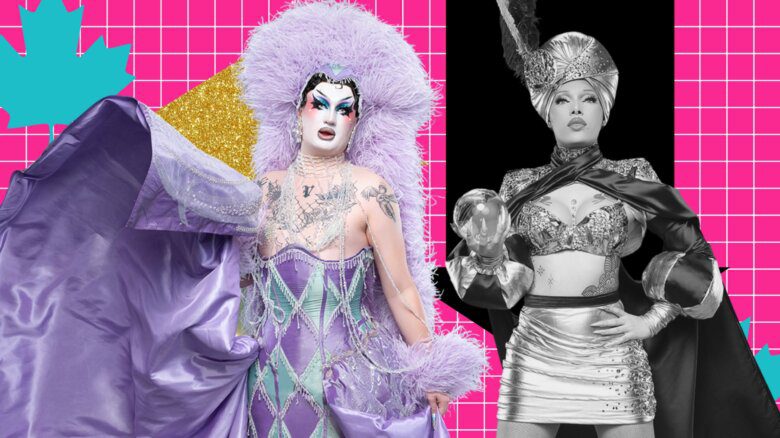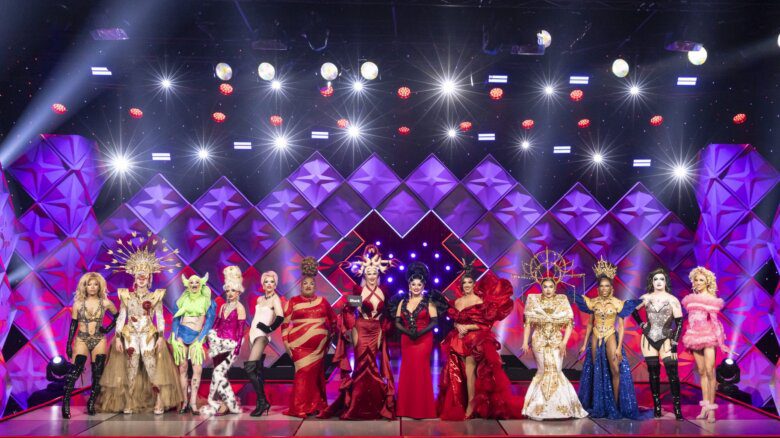Saying that GB Jones is hard to get hold of is kind of like saying Lindsay Lohan enjoys the occasional drink. The iconic bisexual artist, filmmaker and musician doesn’t like giving out her phone number to anyone, even friendly gay journalists.
After a series of missed calls, bounced emails and a few stressful exchanges with publicists and curators, we finally connect. I want to talk about her work, but first I have to ask: Why don’t you want anyone to have your phone number?
“I’ve had problems with stalkers,” she says, in her phone-sex-perfect voice between puffs on a cigarette. “People get obsessed with my work, both loving and hating it. I’ve had death threats. There was one person locked up in a mental hospital that mailed me bloody bandages.”
It’s easy to see how folks might freak over Jones’s work, much of which is pretty subversive, even by queer standards. She will be screening new shorts as part of Pleasure Dome’s Fag Off! program.
The new pieces, entitled Outtakes One, Two and Three, respectively, feature leftover bits from her past feature films The Troublemakers, The Yo-Yo Gang and The Lollipop Generation.
Some of the work dates back to her time with Fifth Column, the all-female experimental post-punk band Jones formed in the ’80s. That period was hugely influential in the development of queercore, and Fifth Column provided inspiration for countless artists who came after them.
“There was this feeling back then that anyone could just start a band,” she says. “You didn’t need a lot of technical ability or to study music for years. Everyone could be part of it.”
It was also during this period that Jones met gay filmmaker Bruce LaBruce, who was a go-go dancer for the band. The two collaborated frequently, appearing in each other’s films and creating the seminal queer zine JD’s (short for Juvenile Delinquents).
“We started JD’s because there wasn’t a zine dealing with the stuff we wanted to talk about,” she says. “There were queer people in the punk and industrial scenes, but they were all isolated from each other. We wanted a way to bring people together and make the culture open and accessible.”
There was also the fact that Jones and LaBruce found mainstream queer culture inaccessible.
“Whenever Bruce and I tried to go to gay bars, we couldn’t get in,” she laughs. “We were wearing thrift-store clothes, looked strange and were obviously poor. JD’s was about creating an alternative queer scene that didn’t depend on bars we couldn’t go to anyway.”
The issue of access to culture has informed much of Jones’s artistic mandate in the subsequent decades. All her films are shot on Super 8, a format known for being cheap and easy.
Sadly, the format is becoming more difficult to find and process. Where activists and aspiring artists previously used thrift-store cameras and garage-sale projectors to have their say, today’s generation is doing the same with digital cameras and YouTube.
“It’s great that through YouTube so many people can participate in the cultural dialogue without a lot of money, but the issue of censorship is really problematic,” she says. “People with alternative perspectives have had their work taken down because it’s so easy to log a complaint.”
“If you want freedom of speech, you have to be prepared for people to say things you hate,” she says.

 Why you can trust Xtra
Why you can trust Xtra


